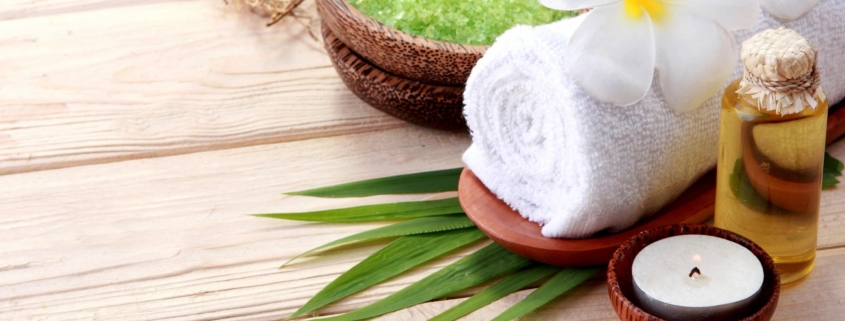“WARMTH”, LOVING KINDNESS, SELF-LOVE with BODY & MIND in healing practices
“What is our relationship with holding a grudge, with not being able to let go of our anger at someone, or our jealousy and pride and lust and craving, wanting, grasping?
Pema Chödrön and Songyal Rinpoche’s “Handshake” practice
Songyal Rinpoche uses the word “handshake” to describe having appreciation rather than criticism for what we see in ourselves, as a way for things to be able to be ventilated and to move…move on. In other words, if something is frozen like ice, warmth is what allows it to melt.
The attitude of warmth or loving kindness, of tenderness, of unconditional acceptance, is not the same thing as saying “oh my anger is good, my grudge justifiable.”
Our SPRINKLING of AYURVEDA: Abhyanga – Self Oil Massage
The traditional practice of Abhyanga: Sneha is a sanskrit word meaning both oil and love…
Abhyanga (Full body massage with warm herbal oil) is one of Ayurveda’s most beloved self-care holistic practices. How can lubricating the tissues with warmth and touch, loving kindness and tenderness towards oneself, benefit our nervous system, our relationship with ourselves and others?
Brihat Trayi and Laghu Trayi texts of Ayurveda-Dinaycarya
Abhyanga, the Ayurvedic practice of self-massage with oil, is an excellent way to nurture your whole being every day, and can be done at home. Massage has been proven to have many benefits for the body, including releasing tension in the muscles, supporting healthy circulation, and leaving the skin feeling replenished and hydrated. In this video, we’ll show you how to give yourself a massage the Ayurvedic way, including self-massage techniques and best practices. In Sanskrit, the word sneha can be translated as both “oil” and “love.” So in Ayurveda, there is an inherent connection between enveloping the body in oil and enveloping it in love. Both experiences can give a deep feeling of stability, warmth, and comfort. Sneha—oil and love—is sukshma, or “subtle.” This allows it to pass through minute channels in the body and penetrate deep layers of tissue ( dhatus ). Abhyanga is a technique unique to Ayurveda. It involves mindfully massaging the body with specific oils for one’s physiology and present health condition. The skin, being the largest organ of the body, performs several important functions. Some include providing a protective barrier, regulating body temperature, synthesis of vitamin D, maintaining water electrolyte balance, providing a storehouse of fat, water, salt and glucose, and creating an acid base equilibrium by maintaining acid-alkaline levels. By allowing the oil to penetrate the skin before daily bathing, it protects, nourishes and supports one’s mind, body and spirit. Over time, with routine practice of abhyanga, one’s health and well-being are dramatically improved to the deepest and most subtle cellular levels.
How to Do Abhyanga
Abhyanga can be practiced daily or as time allows. You can apply oil to the whole body or to specific locations like the feet or head.
Benefits of Abhyanga-Self-Massage
Although receiving a massage from a professional massage therapist is sometimes advised, there is a lot to be gained by learning and practicing Ayurvedic self-massage techniques. With self-massage, the fantastic benefits of abhyanga become readily available to you in the comfort of your own home. In fact, in a recent clinical trial studying the effects of self-massage, abhyanga proved to be an effective way to decrease stress levels, improve quality of sleep, and enhance one’s overall quality of life. Over time, self-massage becomes a regular act of self-love you can look forward to every day.
Read more on Abhyanga here.



